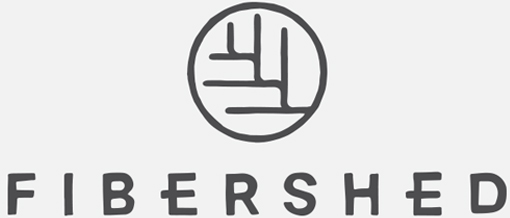At Mustang Acres, the needs of people, animals and landscape come together in a beautiful dance of mutual care and support.
Read MoreCategory: Agriculture
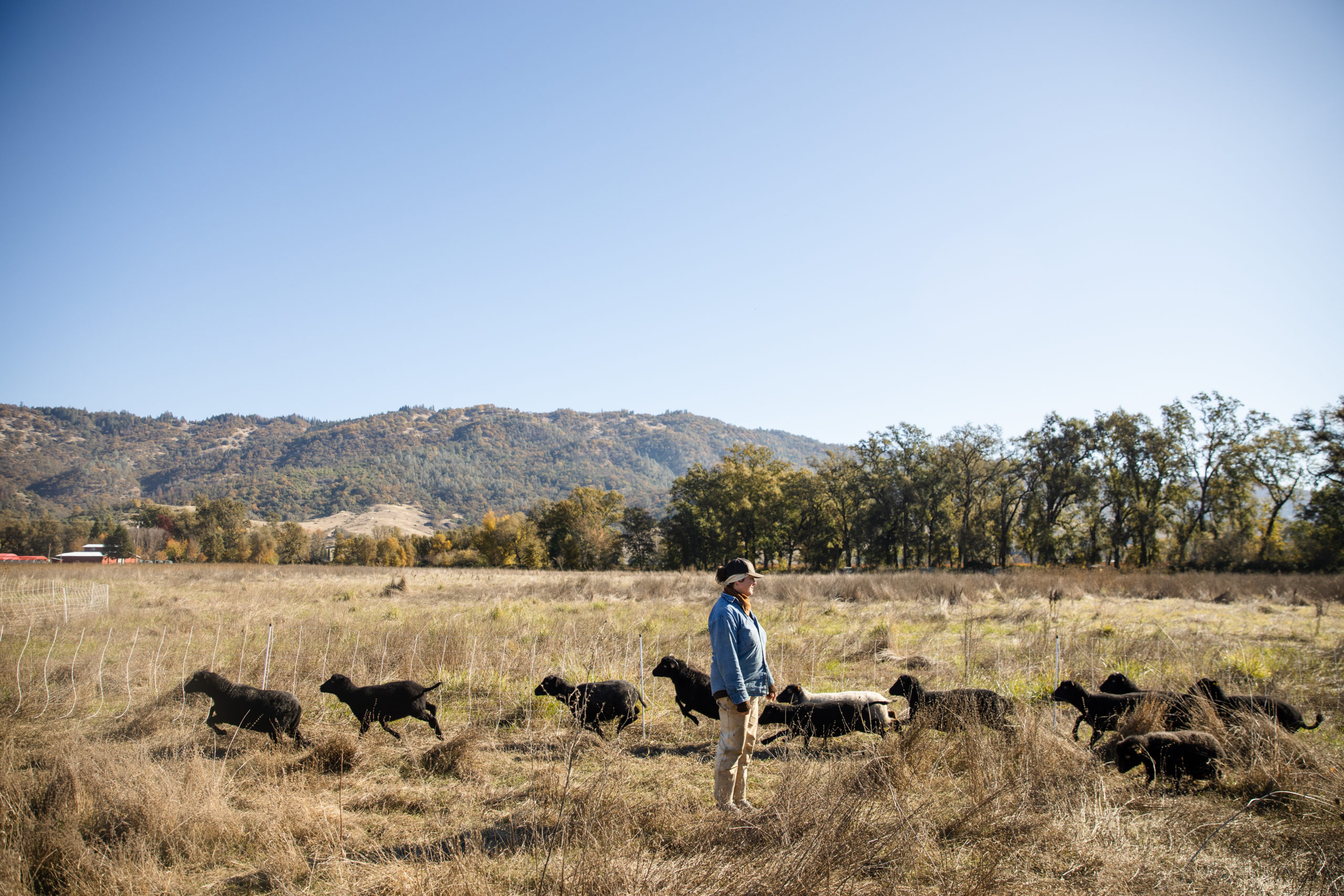
Choreographing Change with Marie Hoff of Full Circle Wool
From the introduction of chickens this past summer to revitalizing an old water tank, Marie is determined that each decision be carefully considered and aimed towards supporting healthy land management.
Read More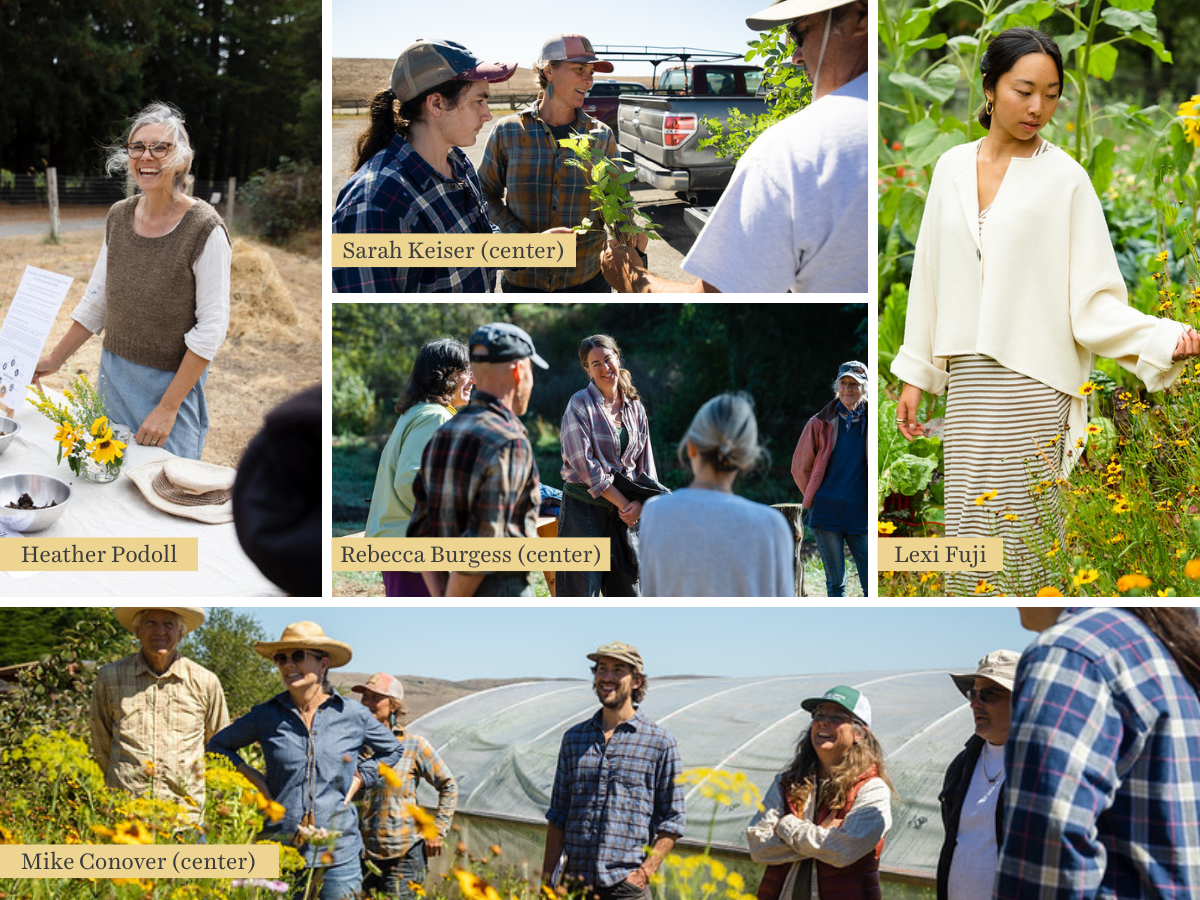
The Fibershed Team’s Wish List for 2023
The Fibershed team shares their reflections on the past year and what they hope to see in the year ahead.
Read More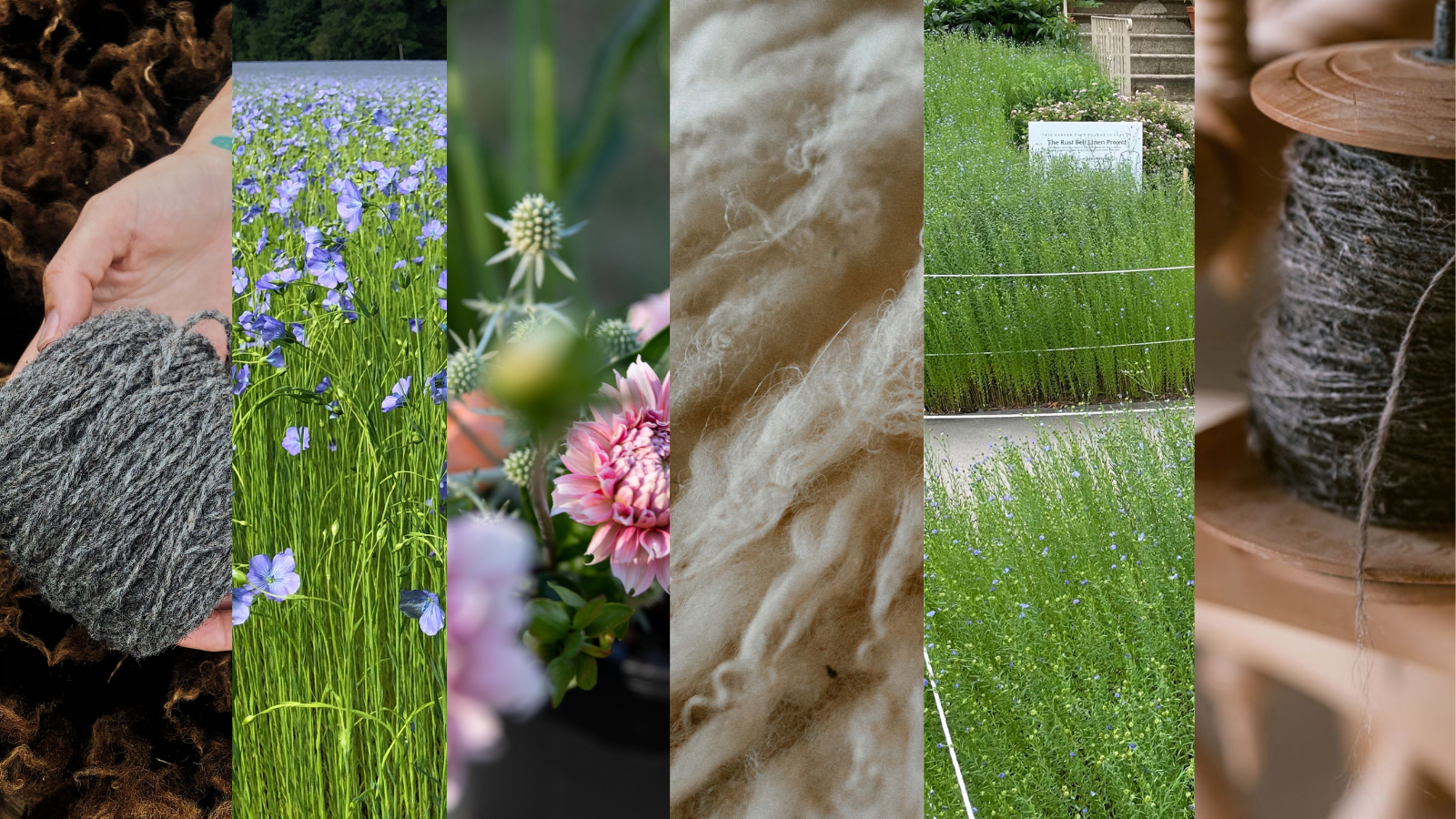
Threading Resilience: Stories from our Fibershed Affiliate Communities
In the first edition of our Threading Resilience zine, we share 19 stories from our Fibershed Affiliates. We are rounding up three of their incredible stories in this article—from the Rust Belt Fibershed, Fibershed DACH, and Fibershed Ireland—to highlight the different geographies, journeys, and wisdom that can be shared from this network.
Read More
First-Generation Agrarians Living the Not-So-Simple Life at Outlaw Valley Ranch
Alex and Kelsey Karol are the first-generation agrarians of Outlaw Valley Ranch, a business that has hit its stride even as it restarts from scratch in a new locale. As of last year, Outlaw Valley Ranch occupies 345 hilly acres in Santa Maria, California, between San Luis Obispo and Santa Barbara.
Read More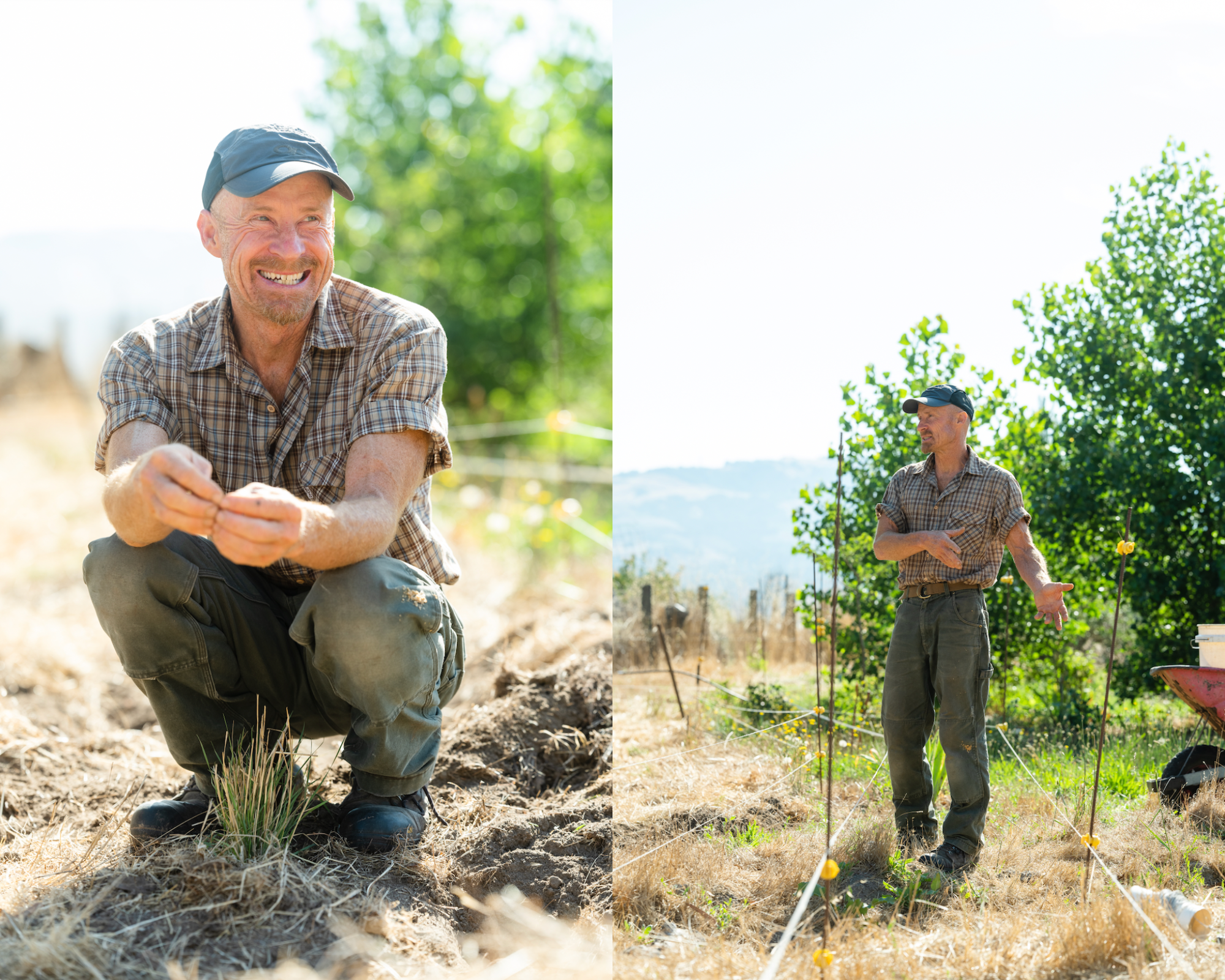
A Life Filled with Meaning at Green Goose Farm
“Grass is my crop,” Roy Smith says, smiling. “Grass is California’s one ‘default crop’: it grows without intervention and feeds all life forms. We need ways to convert that default crop into a feed source for everyone else.”
Read More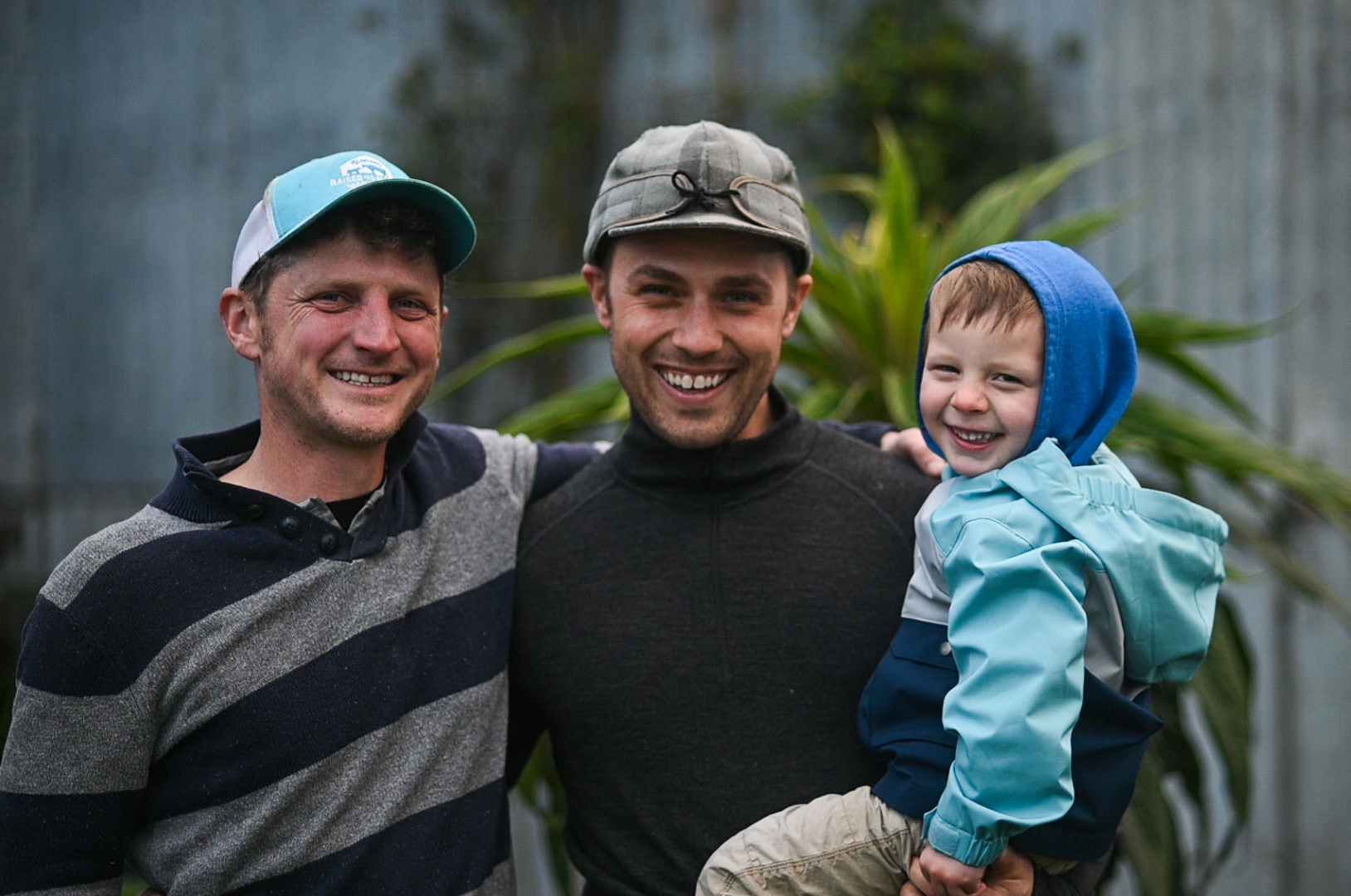
Foggy Bottoms Boys Are Changing the Farming Formula
Cody and Thomas, otherwise known as the Foggy Bottoms Boys, are seventh-generation farmers in Ferndale, California. There, where the fog hangs low in the Eel River Valley, they run a multi-species farm, including a certified humane, organic dairy for milk, cheese, and beef, sheep for fiber and meat, and pastured poultry. Going viral from their TikTok videos with 90,000 followers and 10 million views, Cody and Thomas are raising awareness about local fiber while simultaneously increasing representation and visibility for the LGBT community in the agricultural world.
Read More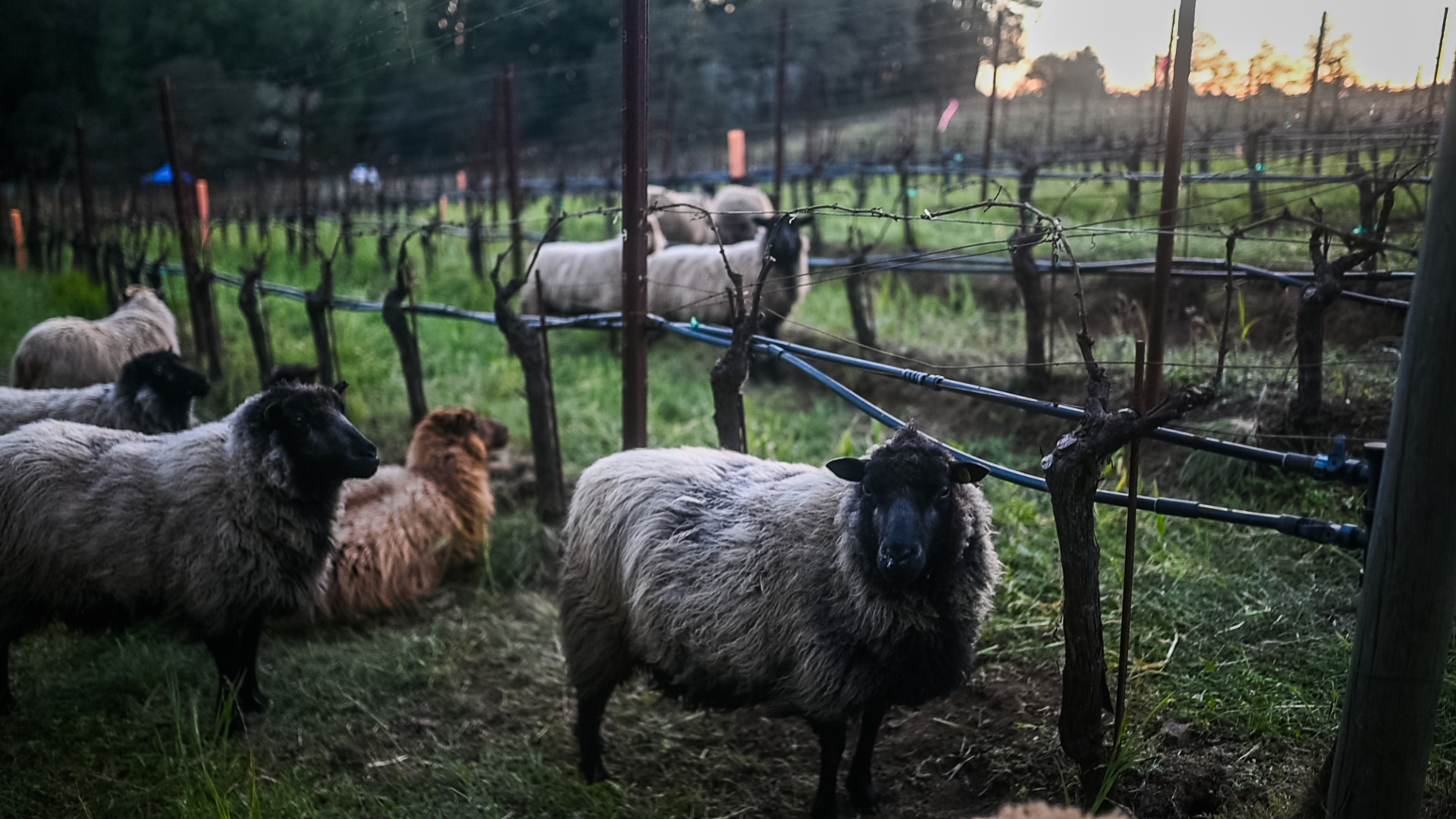
The Extraordinary Alchemy of Sheep & Winegrowing at Littorai Wines
In Ted Lemon’s words, biodynamic farming “holds the foundation of a world enlivened by spirit — that all material is manifestation of a spiritual reality. In biodynamic farming, we work with the energies and powers of the spiritual world as it manifests in the material world. We work with celestial rhythms and specific preparations to strengthen the plants and animals.”
Read More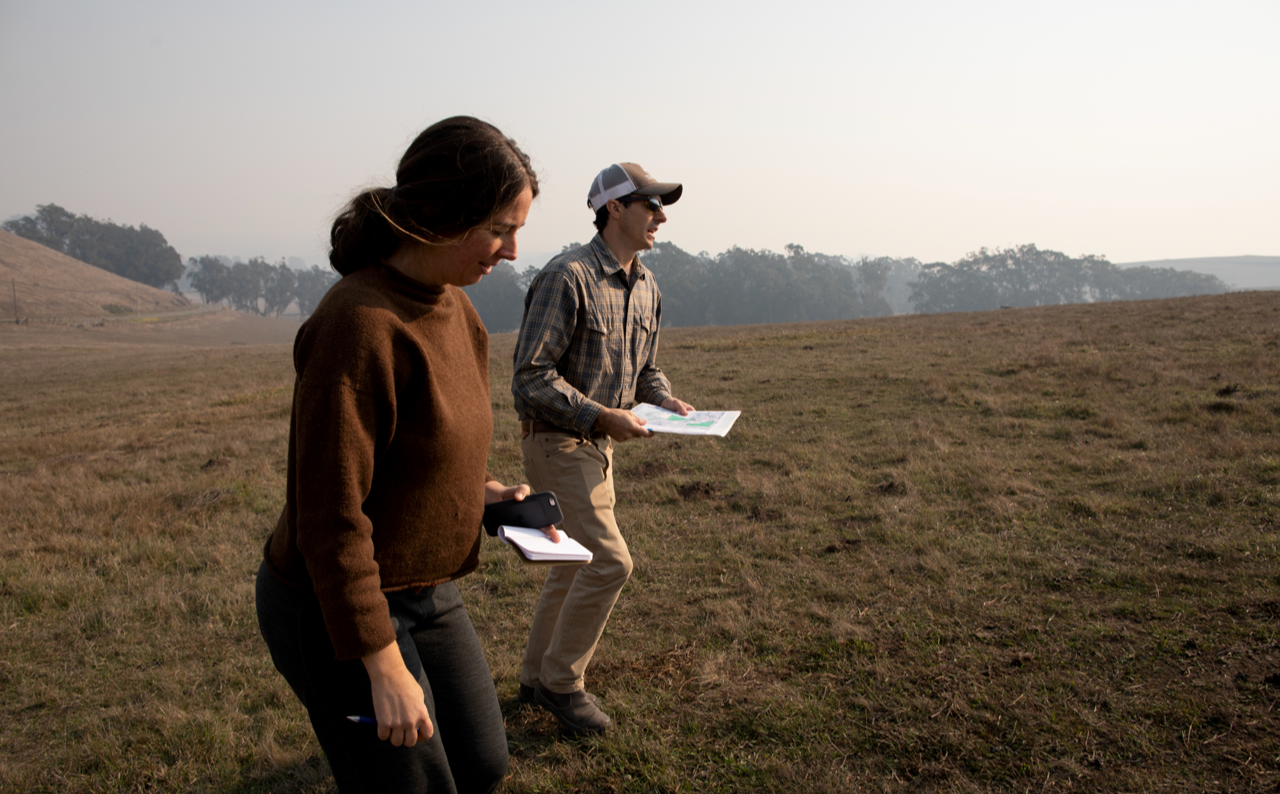
What We Must Do to Balance the Carbon Budget: A Letter from Fibershed Executive Director Rebecca Burgess
While the global goal setting, commitments, and action plans are heartening, I continue to find the most hope and understanding as to what is required to achieve change while working at the local landscape level.
Read More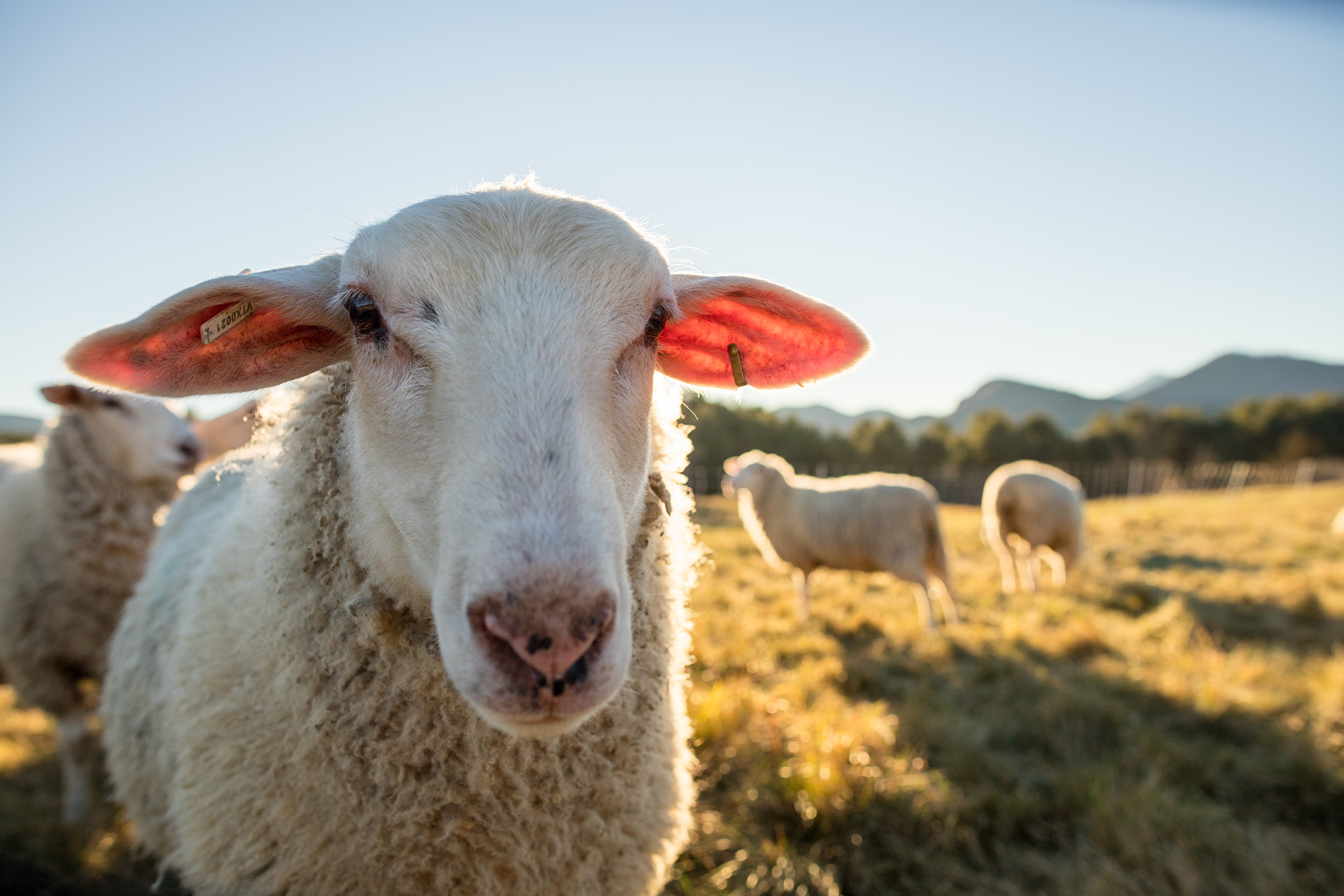
Harm in The Guise of Doing Good
Written by Veronica Kassatly In my last post for Fibershed, we talked about fashion’s purported commitment to the UN SDGs; about how those are underpinned by the Brundtland report’s definition […]
Read More